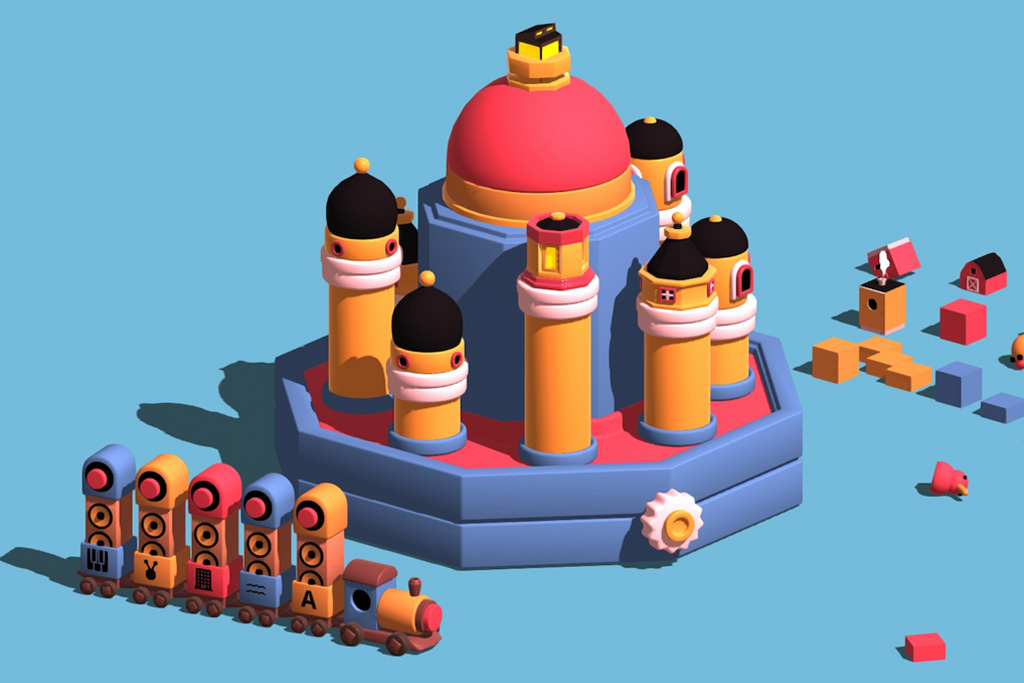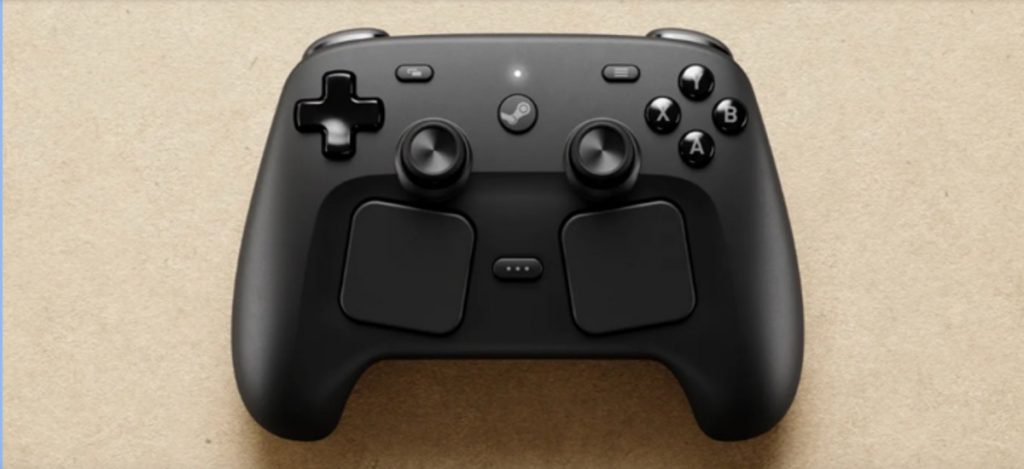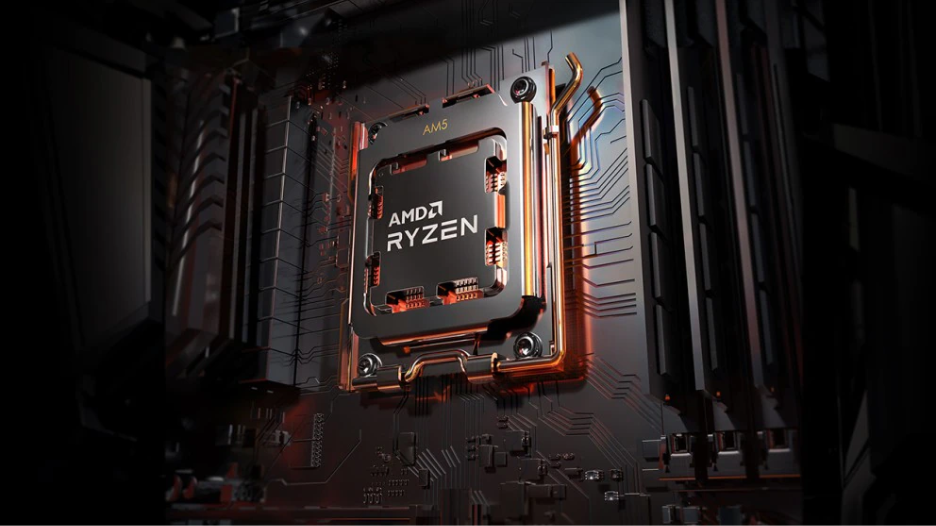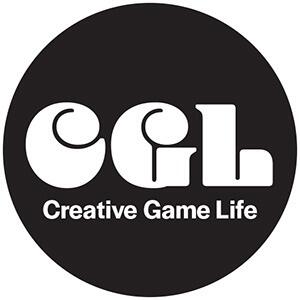In 2019 I interviewed the team of Reggie Watts and John Tejada for the Los Angeles based magazine, Space Cadet. We chatted about their album and their collaboration process as the duo rode in an Uber across Los Angeles.

Michael: Hey guys, great to talk to you. I’m a fan of your work individually and together and was looking forward to speaking with you. So you’re working on a new album?
John Tejada: “We’re almost done with the new record. We’re nearing the finishing line.
MW: What is your collaborative process when you sit down to work together?
Reggie: Um, It’s pretty simple. Either John has a scaffold already up or sometime we’ll start from scratch.. I’ll throw down some drums or he’ll throw down some drums. We just tag team real quick and build something. And I just kind of go for it – riff over the grooves and focus on more versey stuff, focus on building up a hook-y thing and that’s kind of it.
MW: Is it a live hardware performance?
John Tejada: When we play live it is. I always had this battle and a lot of my friends have it, where all the gear has to work together all the time. And I got to this point where I’m like,”no, everything has it’s strengths.” I do like a lot in the software and digital word so when we’re at home creating there’s one or another DAW running the session and there’s some hardware synths that I incorporate, but I no longer need to have the live rig set up and working. That becomes a Studio B, it serves a different purpose. It makes things a lot more focused if we focus on a smaller amount of gear at one time.
Whether it’s hardware or software you’re dealing with the same parameters: loop lengths, BPMs, drum patterns, melodies, effects. You’re dealing with the same parameters, it’s not that different. I feel both ways of working have strong benefits that you can’t get from the alternative. So because of that we’re comfortable doing things two different ways.

MW: What sorts of techniques have you learned from each other from this process?
Reggie: Looping is what I do because it lends itself to live performance. But sitting in front of a sequencer or arranging on a computer is very similar. I think we weirdly kinda do what we always do.. but both of the processes work with each other because they’re related.
John: When we first connected I wasn’t sure how this was going to go. So my first thought was this should be a fun vacation from the stress of his life and we try to keep it that way. My goal is to replicate what he’s working with and his way of working so that we don’t have a big technology hurdle. We don’t ever put rules on it.
There are some little hurdles that we have that I don’t think anyone thinks of. When you sync a looper to a midi clock, even with Ableton or the EHX 95000, you can’t just start looping at any point you want. You have to think of a downbeat or have it in divisions.
MW: So do you just have to hit the start button at the right time on the looper?
John: Yeah, if it’s midi clock sync’d, you have no options.
MW: What’s the main clock of the setup? Usually it’s something on my side sending master clock.
John: At the moment it’s the Analog RYTM MK2 because that is more stable than some of the other devices that are sync’d. Somehow the clock out on that is really solid. Even with Elektron machines it differs machine to machine. The RYTM mk2 can also poop out Sin Sync if I need it. The clock on the Analog RYTM is so solid that it can somehow perfectly sync the 909 which is a machine this is very picky about getting false starts or late starts. I have sync OCD so I invest a lot of time into making sure things are sync’d and phase accurate.
MW: Do you change your setup often?
John: The gear changes almost per gig. For the next gig it will be totally different gear. We like to switch it up just to keep it interesting. In fact the next one we’re gonna do is going to be totally different gear and we’re both going to try and improv all night to keep it interesting.
MW: So is the process a little more linear in the studio?
John: Initially it’s more free form but then midway through you start thinking about how this might be arranged and it becomes a more linear thing. Initially you just want to splatter paint on the canvas to get ideas down. Not all the ideas are going to stick either.
MW: Was there a specific motivation to combine your art forms to create the Wajatta project?
John Tejada: Us coming together and creating is just out of fun, really. We were doing it for quite a few months before anyone knew about it. So we haven’t gone too deep with it.
MW: As a consumer of music and culture I have noticed a steady momentum of excitement surrounding comedy in particular.. Netflix and podcasts being the most obvious examples of vehicles that help move this culture to the masses. Does music have a similar momentum in 2019? Is it changing?
Reggie Watts: No. But I love that you brought up a netflix model for music, I don’t know if that exists..
John Tejada: Well there’s the Mixmag thing and boiler room, I suppose, that are similar in that allow people to connect with artists. But I think you’re correct – there isn’t that kind of support for music. I think once in a while if there’s a music documentary that’s what comes closest. But there is a lot available.

MW: Are the LA Comedy and music scenes related? Do they have a lot of creative overlap?
Reggie Watts: I guess there kind of is. I don’t think that there’s any huge mega scene or anything like that. But there are a lot more players since I started a while ago.. But it’s also kind of old, been around a while, since vaudeville. There’s definitely a lot of people who are musically inclined doing comedy.
MW: I enjoyed Reggie’s re-interpretation of John’s hit, “Sweat,” during the recent Mixmag performance. What inspired that? Will this be released?
Reggie: It was just an improv thing, John just asked “do you wanna do a riff on Sweat?”
John: It was just a fun thing. Even though I’ve done stuff with vocals, there aren’t so many songs that would lend themselves to a cover. This one is kind of more recognizable. Because we’re playing a party and the song is about being at a party, Reggie just riffs on what he sees at the party and people get a kick out of it.
MW: I was watching your “What’s in my bag Amoeba video and Reggie said something that resonated with me about Soundgarden being the last great moment in rock and roll. This is something I’ve pondered often.. not necessarily about soundgarden.. but about music in general. Did we hit a point where music stopped being new and became more derivative than it was previously?
Reggie: No. I think it’s a matter of what gets through and what gets promoted as opposed to what stays on the underground. There’s still plenty of amazing music on an underground level that would be considered just as innovative and inspirational as music throughout the decades.
If you look at the average top 10 or top 20 tracks on Billboard or something like that and you took a snapshot throughout the decades, I would argue that the quality of music has gone down severely. Not to say anything about talent – there’s plenty of talent there. But the innovative element is just not as high. Once in a while you’ll get something that peeks through but in general I’d consider it corporate music. It’s producer based music. It’s not necessarily one artist with a vision writing a song either themselves or with a band or another person.
The Disney system.. is looking for sure bets. That corporate structure is kind of winning in the top 10, top 20. Once in a while you’ll get something that’s real rock and roll or a really great artist. Whereas in 1984 you would have seen Phil Collins, Aerosmith, The Cure in the top 20. Nobody had heard anything like “Just Like Heaven” before.

MW: Do you think that was a moment in time that we happened to catch? Or are things changing because of the structure around it?
Reggie: I think we’re just inundated by so many forms of communication – imagery, audio, video. It’s hard for people to get a sense of something that is original or not. People are just responding to the multitude of streams of information that are hitting them. Whereas in 1985 or something like that you just had radio, TV, and movies. And that was it. And then people built legends in their minds about certain artists and things. So it was limited. And what came out was a little more special as a result I suppose.
John: I think also because of modern production, musicianship is no longer encouraged because it can all can sort of be programmed. Before, a lot of the names reggie mentioned were people who had a specific play style and it had to be captured to tape. Now everything is sort of post processed.
MW: Who in music is inspiring you at the moment?
Reggie: For me lately I’ve been hanging out with these cats in Nashville. I just spent a week in Nashville and spent a week around the best musicians in the world. It’s good to see that music is alive. People who know how to play, people who know music. When I see a band who really works hard at their instruments, playing, bringing their vision to live – that is really really inspiring to me and that’s why this year and last year I got into checking out as much live music as possible. LA has a really great post punk scene happening right now and that’s really exciting. So those things keep me upbeat.
John: I get inspired by a lot of the academics who are sketching out tools that will 20 years later be plug ins with pop music.
MW: Where is music headed? Can we make new sounds? Does technology open doors to that or have we hit a glass ceiling?
Reggie: I think there’s always plenty of time for new sounds. Sounds are infinite.
Read more about Wajatta’s album at Comedy Dynamics.




